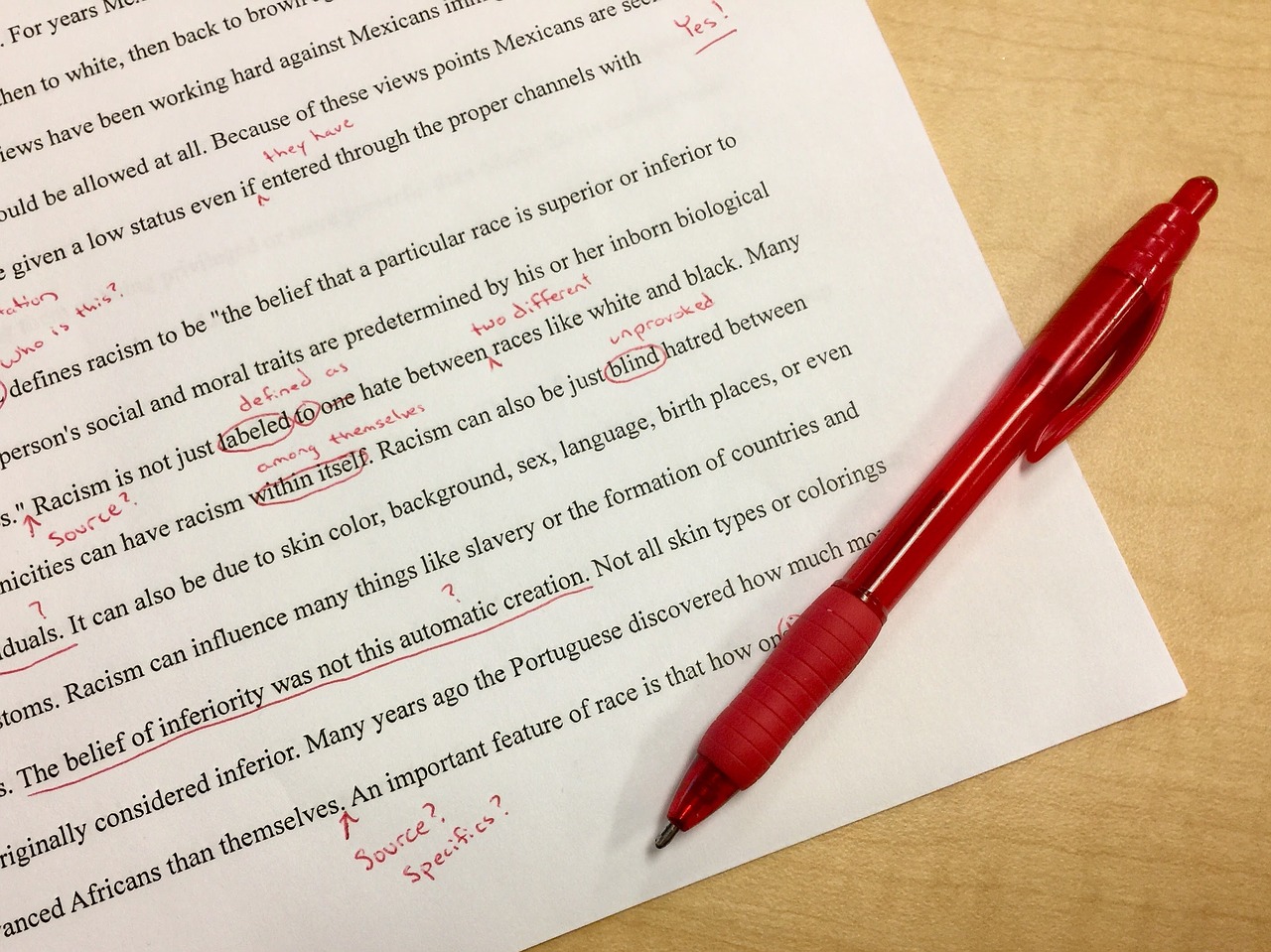Instead of taking two years to write your doctoral dissertation, what if you could write it in two months? Think you can do it? Yes, it’s possible, but your success will depend upon dedicating yourself to the task and, if needed, requesting help of others who thrive at researching.
Avoid navigating through unknown territory alone
When you discipline yourself, you can create an outline, define the steps for acquiring your data, and write a draft in six weeks. However, you must set up deadlines for each phase, and it’s important to note that social invitations and other shiny objects that might tempt you to delay even one day in your deadline are not an option.
How to Begin your Writing
First, decide on start and stop dates for your researching and writing. Next, find a competent academic editor to review your first draft, which will allow you another week to fine-tune your final document before submitting it. If you can follow these rules, then you will finish writing your doctoral dissertation in two months.
Step 1:
Reassure your doubting brain that you can do this. Don’t share this information with family, friends, or anyone who is in your world. Why? Their opinions, thoughts, and suggestions don’t matter. You’re in this to complete your dissertation, not get feedback or approval from peers, family, friends, or strangers.
Step 2:
On a sheet of lined paper, write time slots down the left column. Next, fill in the blanks for each time slot with a task that you will accomplish that day. Think of it as a tiny check list. You do one thing from 9:00-10:00. Take a 15-minute break. Then from 10:15-11:00, complete the next task. If you can work six hours in one day, then fill in the details for what you WILL accomplish in each of those time slots.
Step 3:
Establish a start date for your two-month project. Write the date on your calendar, and put a huge note in a place you can’t miss to remind yourself of your start date. Know in your heart and mind that it’s an exciting date and you’re looking forward to it.
Step 4:
Arrange for sufficient time to select your topic. This is one of the most important steps in this process because it sets the goal for your research work. If you allow one week to brainstorm ideas and choose a topic that you’re passionate about, the rest of your work will go more smoothly and quickly. Note: Not completing this step in the time allotted could mean you won’t be able to complete your thesis, and you might wind up delaying your thesis indefinitely. Stay positive. Stay focused. Complete this step!
Step 5:
Create a working outline. Below are bullet points to get you started. Reject, accept or add more bullet points as needed.
- Jot down the key points and ideas that you’ll include in your project
- Define how you will arrange your arguments and supporting paragraphs
- Establish a method for recording your research notes in such a way that the details almost write themselves
- Use your smartphone to take a picture of your bibliography sources from printed materials. Don’t waste precious time writing this down. Let a photographic image be your resource tracker.
- Make a short list of anything that you ‘must’ cover and that you don’t want to forget about later.
- Make a quick list of your analytical findings that you’ll use in your final statements and resolutions.
- Finally, as the thoughts and impressions cross your brain, write down and record the results that you interpret from all your data gathering sessions.
Once you have your outline with you, it is merely a 15-day task to write and proofread your thesis. If you have missed your earlier deadlines for some reason, you can utilize the remaining time by staying focused and active. You will have to dedicate all your time to writing in the last 15 days. Do not let yourself take leave under any circumstances. Write on a regular basis and dedicate at least half of your day to writing your thesis.
Step 6:
To complete your thesis writing project in less than two months, you must have your data and raw material assembled in a digital form that you can quickly look through to extract only the best information you will use during the writing process. Once you have researched your topic thoroughly and you know the results you want to present, the writing process becomes much easier.
Caution: It you begin the writing process with only bits of information, thinking that, if needed, you will stop and collect additional data and then start the writing process again, this could increase the amount of time you need to finish your dissertation. Be careful with this step. When you discipline yourself and proceed according to your deadline dates, you will write at an easier pace. Slow and steady wins the race, as they say.
Step 7:
About halfway through your project, you might want to take a two-to-three-hour break to walk in the woods, have a coffee with your friends, or get a little more rest to relax your eyes and hands—and your tense, deadline-driven brain. Reward yourself with a favorite food or beverage, knowing you’re half-way finished. That’s good!
Step 8:
Dedicate the last 15 days to writing and editing your thesis. Do not let anything or anyone interfere with this precious time that you’ve set aside to reach your goal. Write every day. Write and only write at the same dedicated time. No exceptions.
Step 9:
Hire a reputable academic editor to review your document, and then allow sufficient non-rushed time to make changes, revisions and finish your final draft.
Step 10:
Submit your dissertation. Breathe a sigh of relief. Pat yourself on the back, and go celebrate. You did it!
Things to keep in mind
Following the above procedure and completing your thesis within two months is no mean task. Apart from the meticulous planning elaborated above, there are certain other things which you will need to concentrate on as well. The most important of these is maintaining a positive mindset.
Psychology plays a great role in our success, and it is extremely important when you are trying to complete a thesis in just two months. Practice meditation or spend some time for exercise on a daily basis. This helps to keep your body and mind in good shape and, hence, improve your productivity. Be aware of the situation when you are feeling stressed out and be sure to have a few emergency stress relief mechanisms planned out when needed.
Discipline is also necessary. Successful completion of all the above steps is predicated on your ability to be disciplined throughout the span of work. No compromises should be made on the deadlines that are set up for completing each of the subtasks.
Possessing a good working relationship with your editor also helps make the whole process more efficient. Make sure that you invest some time finding the right editor for you. Maintain a good line of communication and give your editor full cooperation.
While completing a thesis in two months is a tough task, it is definitely achievable. With proper planning, a conducive mindset and efficient execution, the goal can be achieved—even with a bit of time to spare.









